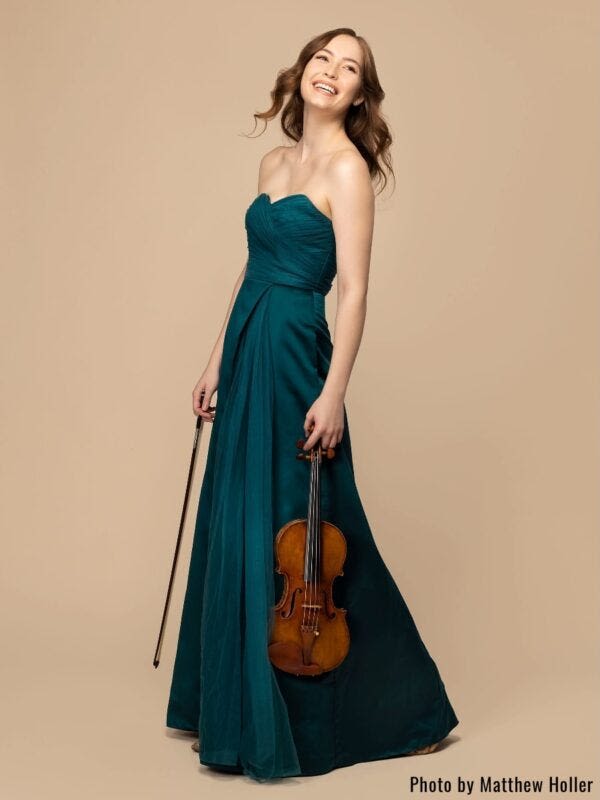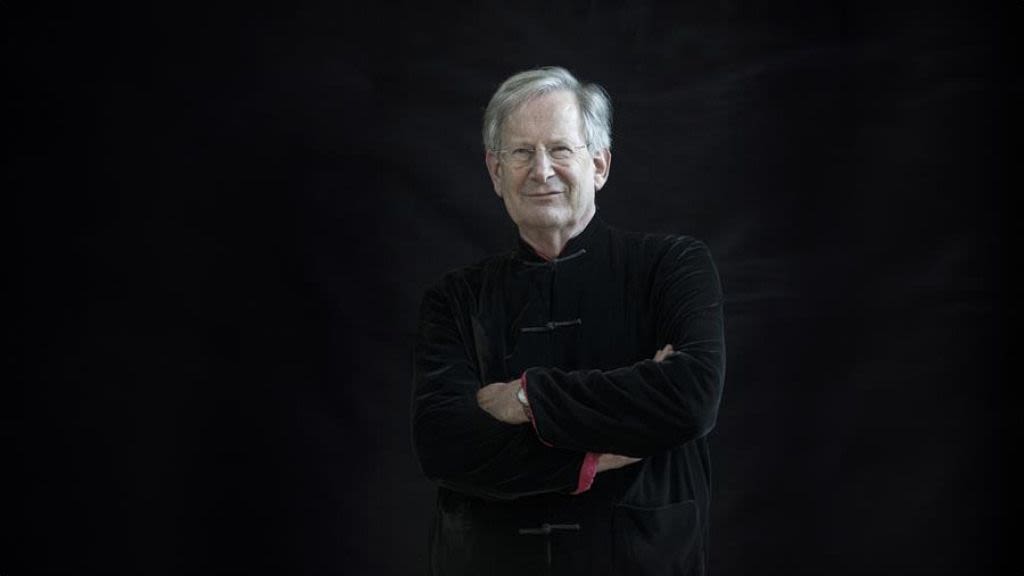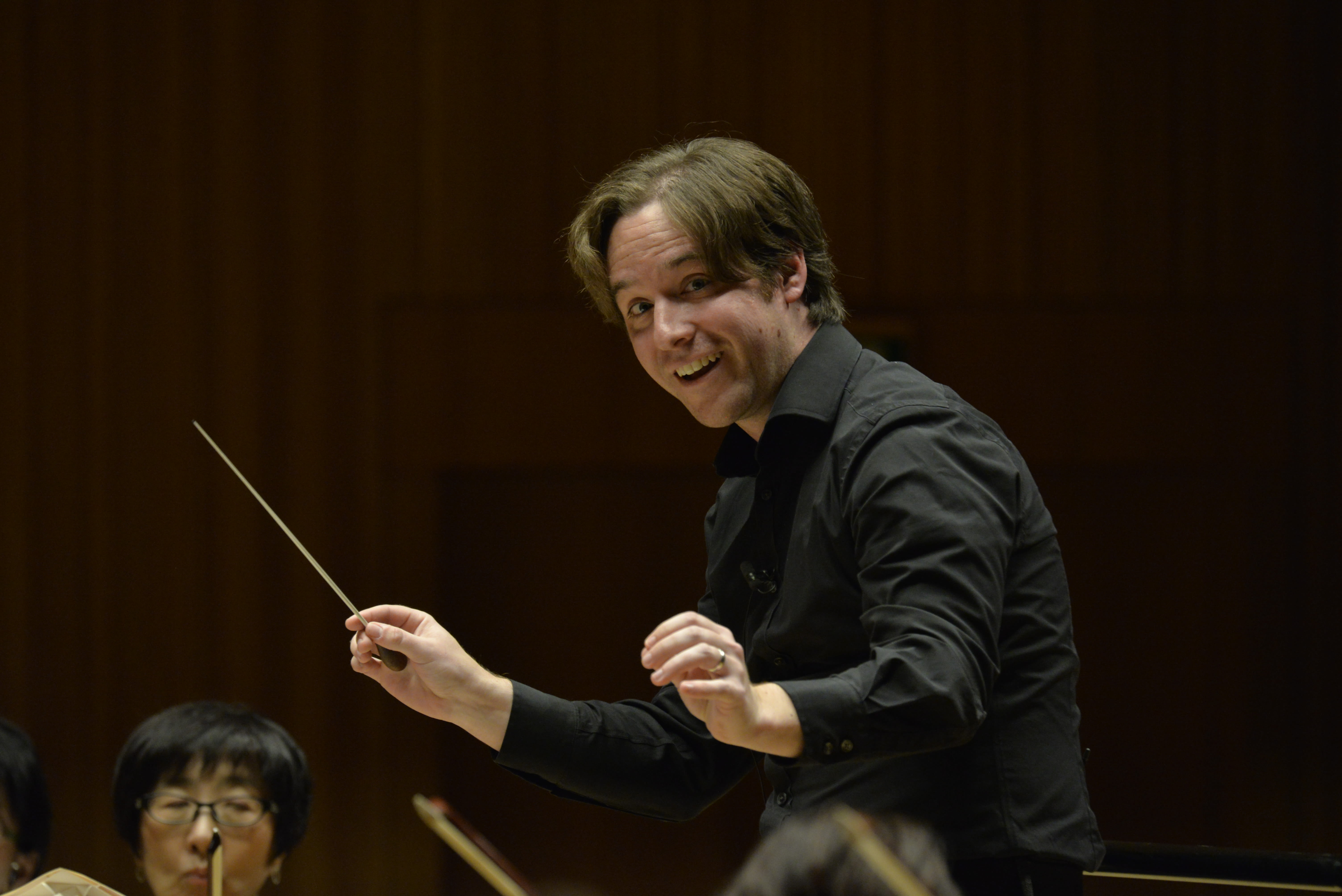Search results
Nov 2, 2023 · The conductor is the only member of an orchestra who has no instrument, and makes no sound of their own throughout the performance. This begs the question: what contribution does a conductor...
- Cristina Simón
People also ask
Who is the principal conductor of an orchestra?
Does a conductor lead a Orchestra?
How does a conductor communicate with the orchestra?
What contribution does a conductor make to an orchestra's sound?
The orthodoxy is that the conductor uses his or her right hand to hold a baton (if used – some prefer just to use their hands) and set the tempo, control it thereafter, signify the beginning of...
News about Montgomery Symphony Orchestra, Strauss Festival, Puddles Pity Party
News about John Eliot Gardiner, Orchestra, Concert
News about Tallahassee Symphony Orchestra, Cleveland Orchestra, guest conductor
Also in the news
- Sir Simon Rattle (b. 1955) Rattle rose to international prominence as conductor of the City of Birmingham Symphony Orchestra in the 1980s. In 2002 he won the highly-coveted position of principal conductor of the Berlin Philharmonic, before returning to his home country in 2017 to become the London Symphony Orchestra’s music director.
- Marin Alsop (b. 1956) Marin Alsop is one of the podium’s most prolific pundits. Principal Conductor of the Bournemouth Symphony from 2002 to 2008, she made history in 2007 as the first woman to be appointed music director of a major American orchestra, the Baltimore Symphony.
- Herbert von Karajan (1908-1989) Austrian conductor, Herbert von Karajan was a prolific conductor, holding principal positions at both the Vienna Philharmonic and Berlin Philharmonic (a role he held for 25 years) during his lifetime.
- Claudio Abbado (1933-2014) The Italian conductor conducted at the greatest opera houses and directed the world’s finest orchestras. These included La Scala opera house in Milan, the London Symphony Orchestra, the Chicago Symphony Orchestra, the Vienna State Opera, and the European Union Youth Orchestra.
- Let’s Start at The Very Beginning...
- Wingardium Leviosa!
- Why Are There No Conductors in Rock Or Pop?
- It's A Bit More Than Just Waving Your Arms Around…
At a basic level conducting is very simple. It keeps an orchestra or a choir in time and together. But that’s just the starting point. Most importantly a conductor serves as a messenger for the composer. It is their responsibility to understand the music and convey it through gesture so transparently that the musicians in the orchestra understand i...
via GIPHY People have been using sticks to ‘conduct’ music since 700BC, but it’s gone in and out of fashion. In Medieval and Renaissance times most small ensembles listened to each other and performed without a conductor. Later, as more instruments were invented and orchestras grew in size, the favour shifted to using a big staff that leaders would...
There are, they’re just less common. If you think about rock and pop in general, you frequently hear bands performing their own music, or you might listen to a cover-version. Covers can differ hugely from the original, because of a new artist’s interpretation. Now think of the world of classical music: works are always being performed by different ...
So the next time you see a conductor at work, take a closer look at their connection to their players, and listen out for the bigger picture. It's no wonder they're sometimes a leetle bit sweaty.
The principal conductor of an orchestra or opera company is referred to as a music director, or chief conductor, or by the German words Kapellmeister, or Dirigent (in the feminine, Dirigentin).
Nov 27, 2012 · But the musicians all have scores before them that tell them what to play. If you took the conductor away, could the orchestra manage on its own? A new study aims to answer this question.
With the score and a knowledge of how the music should go, the conductor teaches the music to the orchestra in rehearsals so that they’re ready to play it together for the concert. But what do we do when the orchestra can play all the music correctly?




